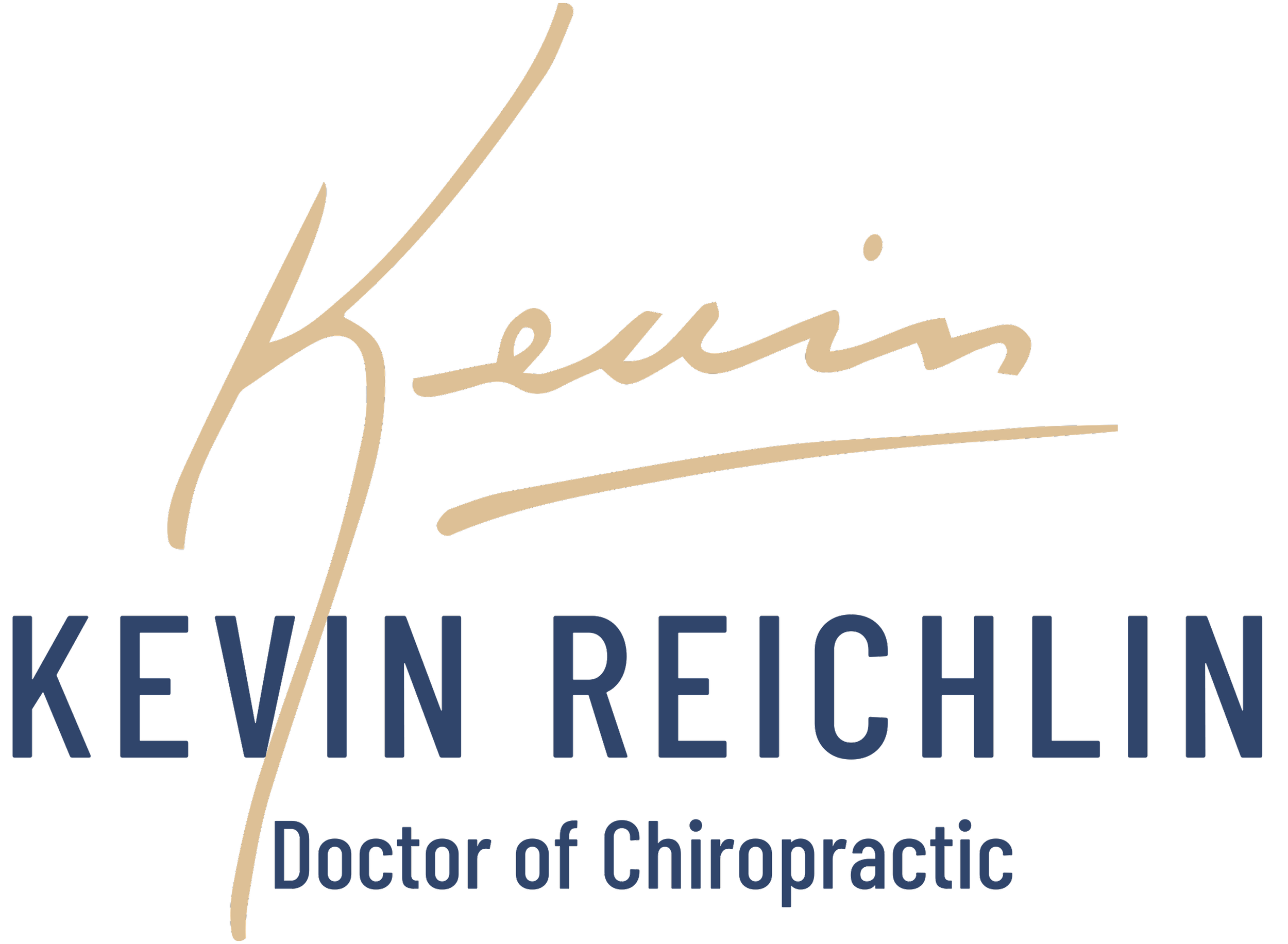GREAT INSIGHTS: ENDURE Mind, Body, and the Curiously Elastic Limits of Human Performance
GREAT INSIGHT: This past month I read the book: ENDURE Mind, Body, and the Curiously Elastic Limits of Human Performance written by Alex Hutchinson.
Haven’t we all had curiosity about the way records in sports keep falling? Runners go faster, swimmers swim faster, power-lifters lift more weight, etc. All sports have seen increases in performance.
And we tend to attribute this to pure sports science. Assuming that the physiological parameters of our bodies are like RPM limiters on an engine (a device that won’t allow you to race the engine in your car beyond a safe limit). Physiological parameters like Lactate Threshold (whereby the accumulation and re-processing of lactic acid affects your muscle function) and VO2 Max (which is a measurement of how much Oxygen you can take into your lungs and transfer to the red blood cells to utilize in your tissues) are thought to be the limiters of your bodies performance. Example, when you hit a certain level of lactic acid, that’s it! Your body simply cannot go any further.
Really?!
In the afore mentioned book the author mentions story after story and study after study that fly in the face of pure physiological parameters as limits to performance.
There’s been a field of study called “Psychobiology” that’s been around since the 1890s. It just hasn’t received a lot of press, so most likely you’ve not heard of it, nor the term. Psychobiology is about exactly like it sounds, how your psychology affects your biology. Most of the studies in the book, Endure, are about how your mind affects your performance.
Here’s a couple of fun studies:
1986 experiment by French researcher Michel Cabanac. He asked study participants to sit bent-legged against a wall with no chair for as long as they could, offering varying rewards for each 20 second period they stayed in position. When the subjects were offered 0.2 francs per 20 second period their quads gave out after about two minutes, on average. When they were offered 7.8 francs per 20 seconds their endurance magically doubled. If the moment of collapse was dictated only by failure of the muscles, how did the muscles know about the richer payoff?!
2012 experiment in Britain spoke to how perception can change reality. They put a group of cyclists in a heat chamber at a specific heat (83 F.) They measured how fast and long they could ride. And the cyclist were allowed to see the results. Then they put them back into the heat chamber and told them, after sufficient recovery, to do it again. And the researchers also raised the temperature in the heat chamber. But the thermometer, that the cyclists could see, read falsely low (rigged to read 79 instead of 89 F.) Now, the increased heat should affect their performance and the cyclists should go slower and shorter distance. What happened? They all went faster and further because they thought it was cooler.
And my FAVORITE study was done in the late 1950s where researchers had people exercise to complete exhaustion, and then just as the participants were completely done a researcher snuck up behind the participant and fired a gun in the air!! Needless to say every participant was able to do more exercises! (gotta love the 50s…).
What does all this mean and how does it relate to your health?
If your mind can influence your athletic performance, isn’t it possible it can also influence your health?
It is not only possible, it’s proven that your mind affects your health. And both in maintaining health as well as recovering from illness and injury. This field of Psychobiology has been in play for many decades in the sporting world. It’s surprising that there’s not been more cross-over into the world of health care.
There are all sorts of studies to support this! And I’ll cover them in a future newsletter. But for this article I wanted to focus on human performance.
Since we perform every day (work, family activities, etc) perhaps this information could be useful to us all!
Enjoy Endure!

